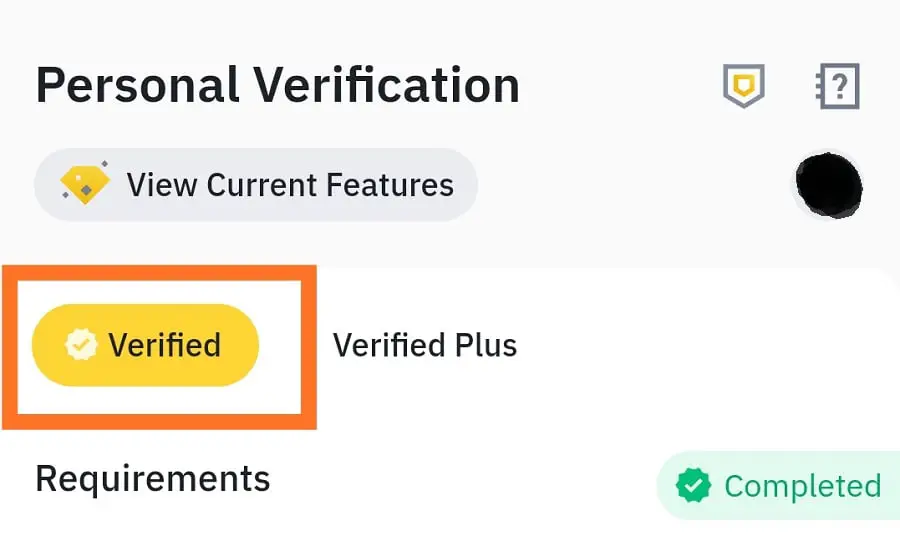Streamline onboarding with secure, compliant buy kyc verification services. Learn how to verify users faster while meeting global AML regulations.
Introduction
In today’s digital world, trust begins with identity. Yet many fintechs and online platforms struggle to verify customers quickly without frustrating users or breaching regulations. Fortunately, modern buy kyc verification services make compliance faster, simpler, and more secure. In this guide, you’ll learn how businesses can implement efficient KYC systems, integrate automation, and meet regulatory standards worldwide — all while improving customer experience.
Search Intent Overview
Readers want to know how to obtain or integrate reliable KYC verification to meet compliance rules, protect against fraud, and onboard customers efficiently.
Semantic Entities & Related Topics
- AML (anti-money laundering) compliance
- Identity verification API
- Document authentication
- Biometric KYC / facial recognition
- eKYC (online KYC)
- RegTech solutions
- Customer onboarding automation
- Data protection / GDPR
- Fintech compliance
- Risk management tools
1. What Is KYC Verification and Why It Matters in 2025
Explain the purpose of KYC, the global legal background, and why modern businesses must invest in compliant verification.
2. The Growing Challenge of Manual KYC
Show how outdated manual reviews slow onboarding, increase drop-off rates, and expose companies to human-error risk.
3. What Modern KYC Verification Services Include
Describe ID document scanning, biometric checks, liveness detection, database screening, and PEP / sanction list integration.
4. Step-by-Step: How Businesses Can Implement a KYC Solution
- Assess compliance requirements.
- Select a verified KYC vendor or build an in-house API.
- Integrate with CRM or onboarding flow.
- Test for UX speed and data accuracy.
- Monitor and update policies.
5. Benefits of Automated KYC Systems
- Faster verification (seconds instead of days)
- Reduced onboarding costs
- Higher approval rates
- Stronger fraud prevention
- Global scalability
6. Compliance Considerations & Legal Boundaries
Explain AML laws, GDPR / data storage, consent management, and record retention. Clarify that businesses must use licensed providers — never resell or fake KYC.
7. Case Study: How an E-commerce Platform Improved KYC Efficiency
A European marketplace cut onboarding time by 70 % after integrating an automated KYC API, resulting in 30 % higher customer retention.
(Include transition words like “as a result,” “furthermore,” “therefore.”)
8. How to Choose the Right KYC Service Partner
Compare factors such as regional coverage, API speed, compliance certifications (ISO 27001, SOC 2), and support. Provide a short vendor-evaluation checklist.
9. Integration Best Practices (Technical & Operational)
Offer actionable tips for integrating APIs, verifying test data, training staff, and maintaining compliance logs.
10. Future Trends: AI, Blockchain & Digital Identity Wallets
Discuss upcoming innovations — decentralized ID, zero-knowledge proofs, AI-driven fraud detection — and how they’ll transform KYC processes.
Pro Tips / Expert Insights Box
Expert Tip: Always store verification data in encrypted, region-compliant servers. Moreover, rotate API keys regularly to prevent unauthorized access.
Insight: Companies that automate KYC with AI tools often report 40–60 % faster onboarding while staying fully compliant.
Internal Linking Suggestions
- Link to your pages on “AML compliance consulting,” “API integration,” or “Digital identity verification.”
- Add contextual links to related how-to guides (e.g., “Best Fintech Compliance Tools 2025”).
CTA (Conversion-Focused
Ready to streamline onboarding and stay compliant?
👉 Contact GlobalSeoShop today to explore secure, scalable KYC automation solutions for your business.
FAQ (AEO Optimized)
Q1. What does KYC verification mean?
KYC stands for “Know Your Customer.” It’s the process of confirming a client’s identity to prevent fraud and comply with AML laws.
Q2. Is automated KYC legally valid?
Yes — if provided by licensed, regulated vendors following AML / GDPR standards.
Q3. How long does KYC verification take?
With automated systems, most verifications complete in seconds, while manual checks may take 24–48 hours.
Q4. Can small businesses use KYC services?
Absolutely. Scalable APIs and SaaS platforms let startups verify users cost-effectively while staying compliant.
Conclusion
Modern KYC verification services are no longer optional — they’re the foundation of digital trust. By automating compliance and using secure, regulation-approved solutions, businesses not only reduce risk but also create smoother customer journeys. Consequently, companies that invest now will enjoy faster onboarding, stronger security, and a competitive edge in 2025.
Next Step: Contact GlobalSeoShop to learn how professional KYC automation can protect your business and accelerate growth.



